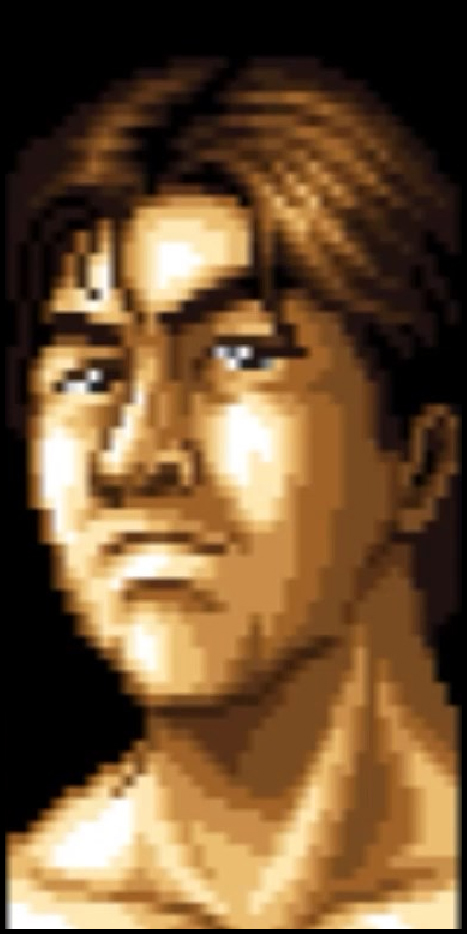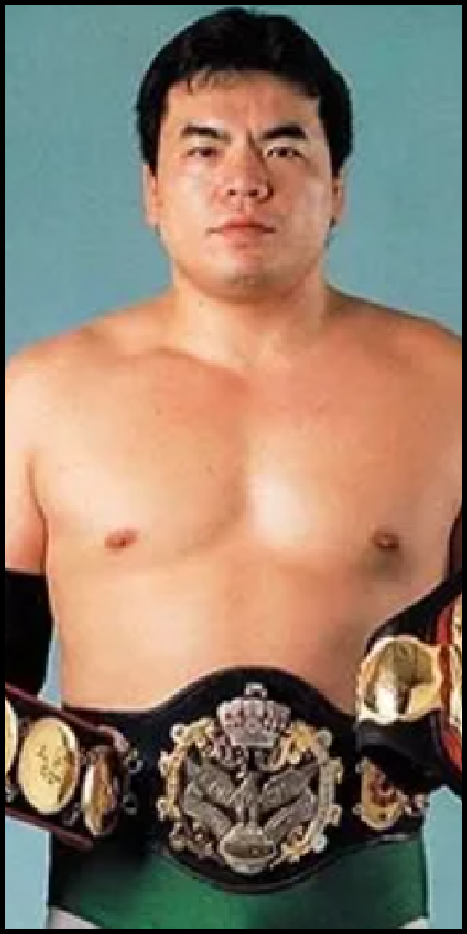At the peak of his career in Olive Japan Pro Wrestling, Sumisu has to face the promotion’s strongest fighters, the Four Heavenly Kings: Akira Sagami, Keiji Togashi, Toshiie Kazama and Mitsuhide Hikawa. After completing his ascent, he leaves AJPW with Hikawa’s blessing.
The Four Heavenly Kings after which this chapter is titled were the four strongest fighters in All Japan Pro Wrestling, Akira Taue, Kenta Kobashi, Toshiaki Kawada and Mitsuharu Misawa.
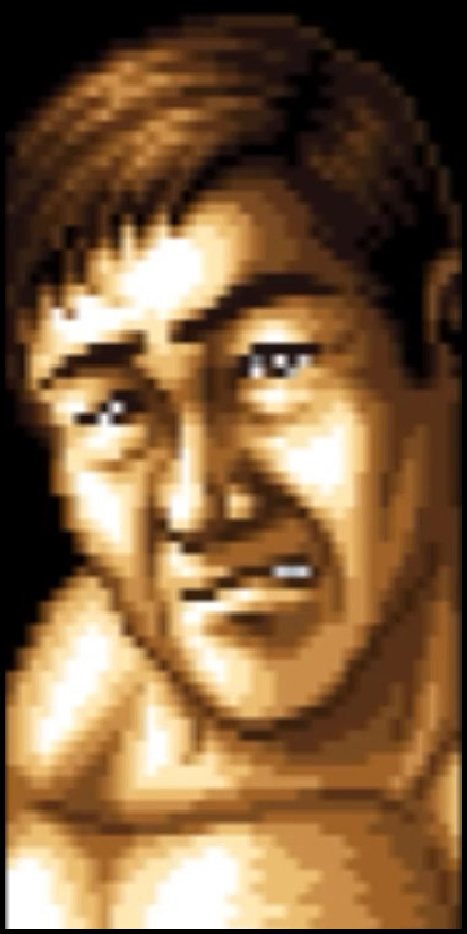
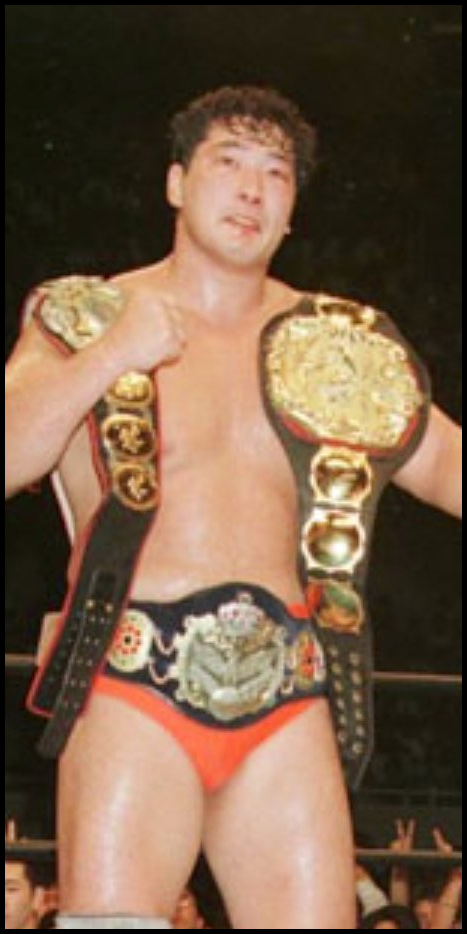
Akira Taue was originally part of the Super Generation (Hinomaru) Army with Tsuyoshi Kikuchi (Akechi Kyoshi), Mitsuharu Misawa (Mitsuhide Hikawa), Kenta Kobashi (Keiji Togashi) and Toshiaki Kawada (Toshiie Kazama), but he defected to the rival Jumbo Tsuruta’s (Tommy Bomber) team due to the lack of available wrestlers in the promotion in 1990, caused by poaching from SWS. His characterization in Champion Road is based on his easy-going attitude and his imposing physique, billed as 192cm and 120kg.
Kenta Kobashi was originally booked by Giant Baba to lose all his matches, in order to build up audience affection for his hot-headed, gutsy persona. He was nicknamed 熱き青春の握り拳 (Lit. Clenched Fist of Fiery Youth) after his habit of clenching his fist before launching into a Moonsault. He was also a part of the Super Generation (Hinomaru) Army.
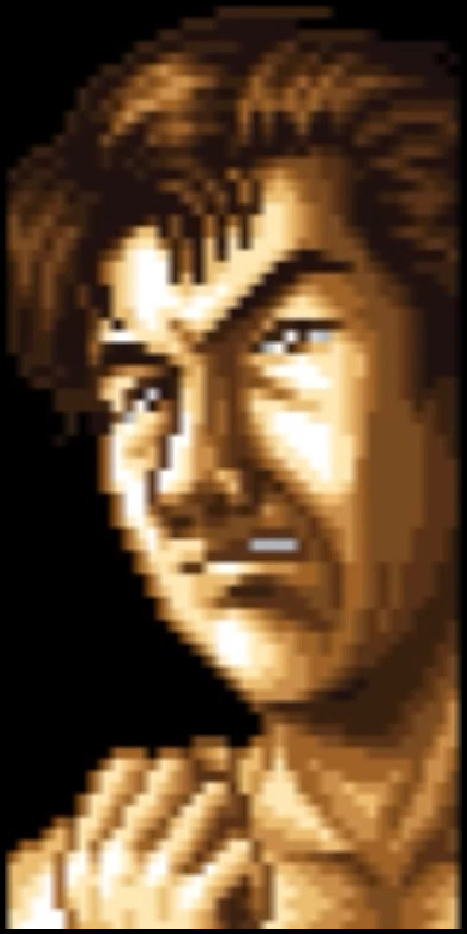
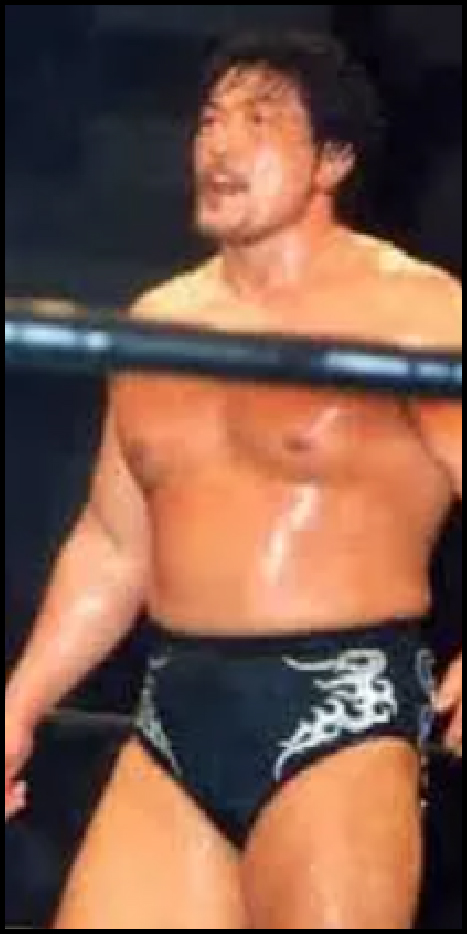
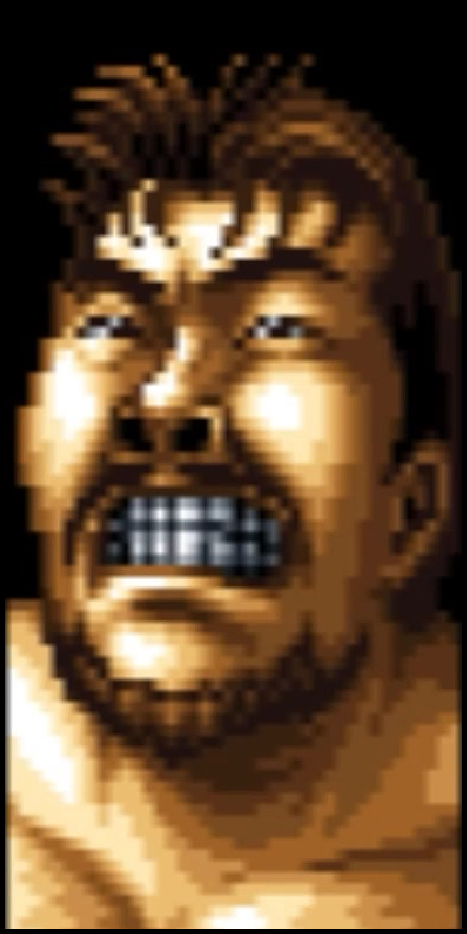
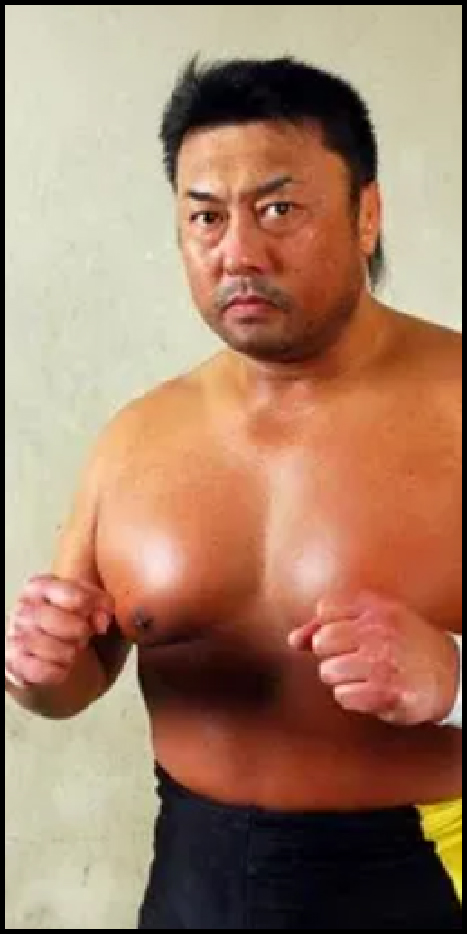
Toshiaki Kawada was part of the Super Generation (Hinomaru) Army, and as such looked up to its founder, Mitsuharu Misawa (Mitsuhide Hikawa). One of the objectives of the Army, outside of taking down Jumbo Tsuruta (Tommy Bomber), was challenging the foreigners within the promotion, as exemplified by Stan Hansen (Star Bison), hence his disdain for foreigners in the game.
Mitsuharu Misawa fought as the second Tiger Mask during the 80s. However, when SWS poached many wrestlers from AJPW, including Genchiro Tenryu, in 1990, he founded the Super Generation (Hinomaru) Army and went back to wrestling under his real name.
He won the Triple Crown several times and believed that the personality of a Pro Wrestler should shine on the ring, rather than having to be built up outside of it, a view shared by Giant Baba who prohibited pre-match verbal assaults.
His distaste for outsiders in the game is, again, based on the fact that AJPW was relatively closed off to outside competition.
